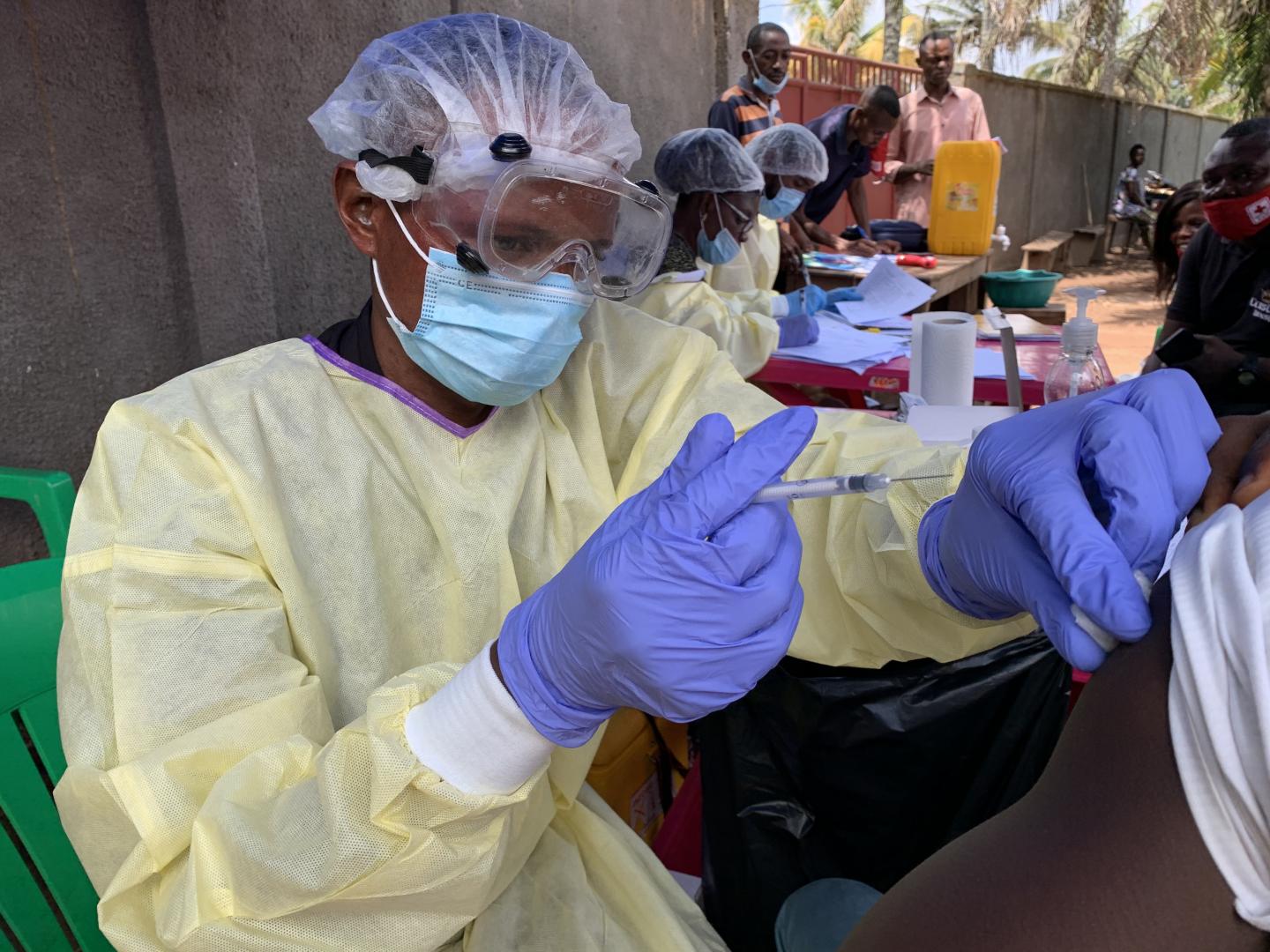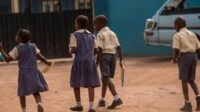The Democratic Republic of the Congo (DRC) has reached a major milestone in its fight against Ebola, as the last known patient infected during the latest outbreak in Kasai Province has been discharged from a World Health Organization (WHO)-supported treatment centre. The recovery marks a significant step toward declaring the end of the nation’s 16th Ebola outbreak, pending a 42-day period without new confirmed cases.
The World Health Organization confirmed on Sunday that the final patient to recover was among 19 survivors out of a total of 64 recorded infections since the outbreak began in early September. Of these, 53 were confirmed cases and 11 classified as probable, resulting in 45 fatalities. Despite the loss of lives, health officials are calling the containment effort a major success story for the DRC’s health system and its international partners.
Mohamed Janabi, WHO’s Regional Director for Africa, described the recovery as a “remarkable achievement,” emphasizing the effectiveness of the country’s rapid response and collaboration between the government, health workers, and partner organizations. The WHO noted that response teams deployed within days of the outbreak, setting up a 32-bed Ebola treatment facility in Bulape, the first of its kind ever constructed in the Kasai region outside of a training simulation.
Ebola, a highly infectious and often deadly virus that causes severe hemorrhagic fever, was first identified in the DRC (then Zaire) in 1976. Without treatment, the disease can kill up to 90 percent of infected patients. Over the years, the DRC has faced recurring Ebola outbreaks, each testing the limits of its healthcare infrastructure and its ability to respond quickly in remote regions.
The latest outbreak, which began on September 4, emerged in the Bulape and Mweka areas of Kasai Province, a southwestern region known for its limited accessibility and poor road networks. Ironically, these geographical challenges may have helped slow the virus’s spread beyond the affected communities, experts said. Still, the remoteness made it difficult to transport medical personnel, equipment, and vaccines to the outbreak sites.
Health teams conducted extensive surveillance and contact tracing, while more than 35,000 residents in the Bulape area received Ebola vaccinations as part of a rapid immunization campaign. The prompt response is being credited with preventing a wider epidemic. Since September 25, no new Ebola infections have been reported, a promising sign that the outbreak may soon be officially over if the 42-day monitoring period passes without incident.
Community engagement played a central role in the containment effort, as local leaders and health workers collaborated to educate residents about early symptoms and prevention strategies. Many communities that once resisted Ebola response teams during earlier outbreaks have now shown strong cooperation thanks to awareness programs developed over the past decade.
The DRC’s Ministry of Health has said that while this success marks an important victory, vigilance must remain high. “Ebola may re-emerge at any time,” a senior health official warned, stressing the need for continued surveillance, public education, and investment in healthcare infrastructure.
The Ebola virus, which spreads through direct contact with bodily fluids of infected individuals or contaminated materials, continues to pose a threat in parts of Africa where public health systems are fragile. However, advances in vaccines and rapid response capabilities have dramatically improved the chances of containment compared to past outbreaks.
The DRC’s last Ebola outbreak before this one occurred in 2022 and involved a single recorded case. In contrast, the current outbreak required large-scale coordination and resources, yet health authorities managed to prevent it from spiraling into a national or regional crisis.
As the world watches the DRC’s progress, public health experts say the lessons learned from this outbreak could strengthen future responses not only to Ebola but also to other infectious diseases. With no new cases detected for weeks and the final patient now fully recovered, optimism is growing that the DRC will soon close another chapter in its long and difficult battle against one of the deadliest viruses known to humankind.














Leave a comment